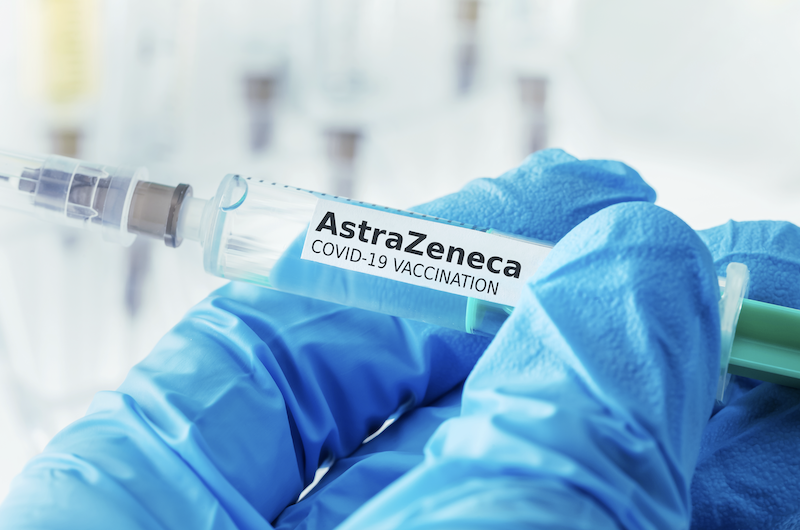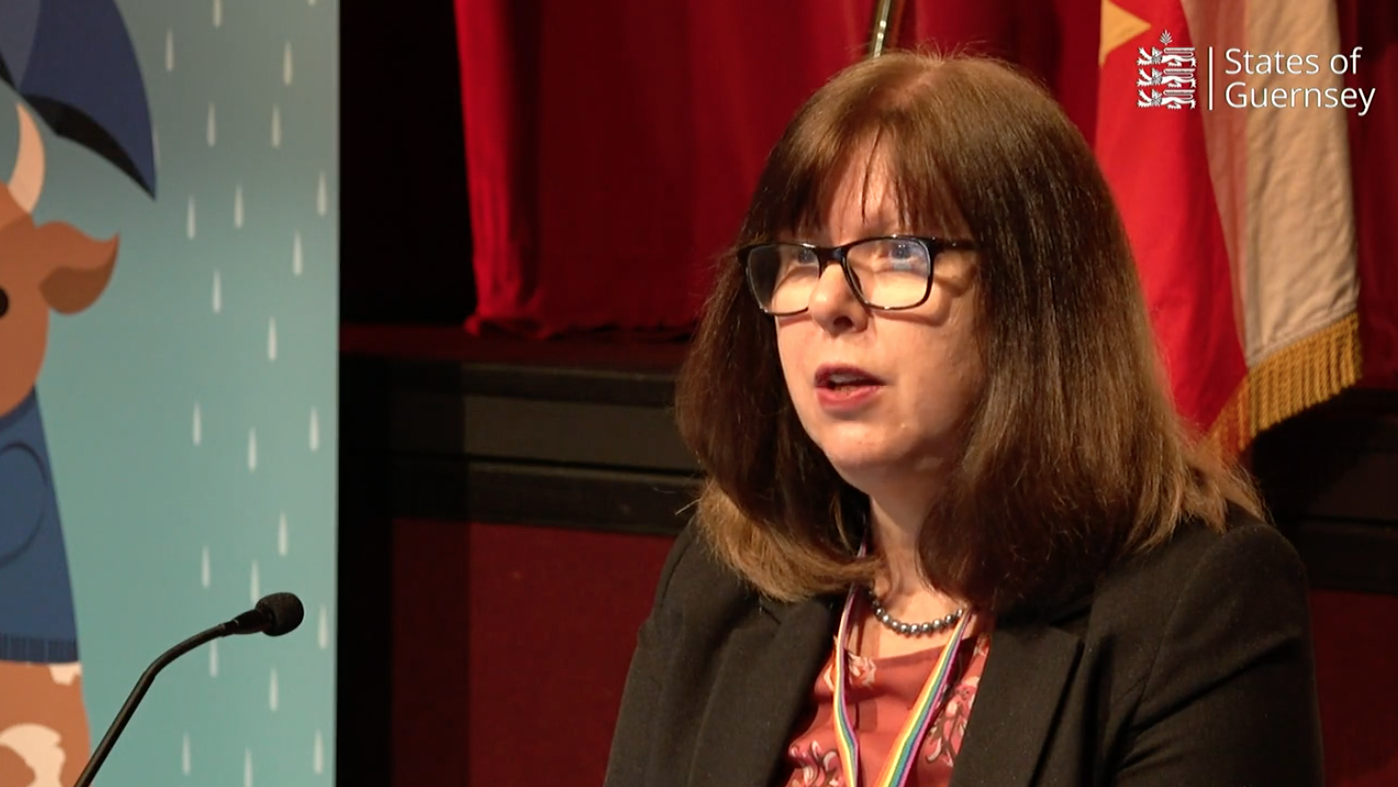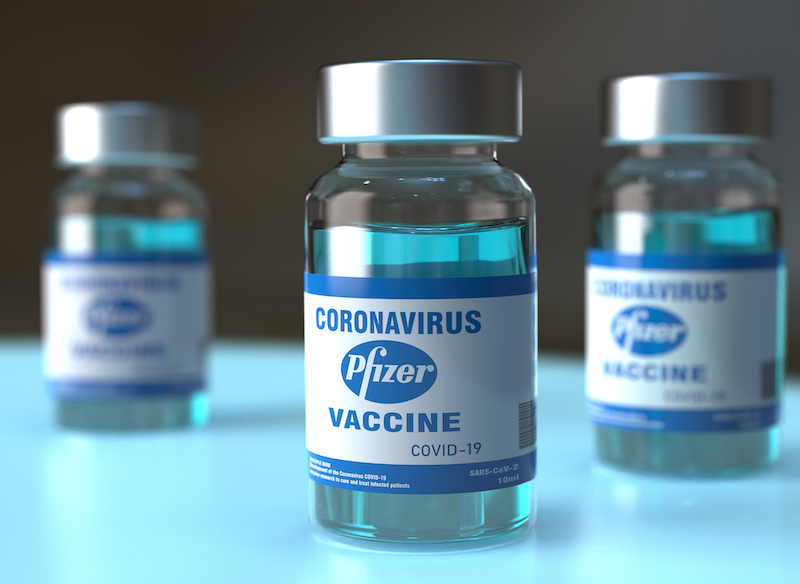


Public Health will no longer be administering the AstraZeneca vaccine to people under 30 with no underlying health conditions, following new MHRA data on a rare side effect of the vaccine.
The Medicines and Healthcare products Regulatory Agency has reported extremely rare cases of blood clotting following the first dose of the AstraZeneca vaccine in the UK.
The overall risk of thrombosis [blood clots] is “approximately 4 people in a million who receive the vaccine,” said Guernsey's Director of Public Health.

Pictured: Dr Nicola Brink has released a statement indicating that even though blood clotting is rare it should be taken seriously.
“Whilst the number of cases of blood clots show that the circumstances in which they happen are extremely rare, they must, of course, be taken seriously," said Dr Brink.
“The MHRA has recommended that, as a precaution, administration of Covid-19 Vaccine AstraZeneca in people of any age who are at higher risk of blood clots because of their medical condition should be considered only if benefits from the protection from Covid-19 infection outweighs potential risks,” she said.
The States of Guernsey has continued to follow advice from the Joint Committee on Vaccination and Immunisation. The JCVI has now made a precautionary recommendation that adults aged 18-29 with no underlying health conditions should receive an alternative to AstraZeneca.
People in this group will be offered the Pfizer vaccine instead.

Pictured: To prepare for any decision made this week, all vaccines for people under the age of 50 over the Easter weekend were changed to the Pfizer vaccine.
Some members of the public have raised concerns about having already had the AstraZeneca vaccine; however, Dr Brink and the vaccination team want to alleviate any worries.
“I know a number in our community will be concerned as they have already received the AstraZeneca vaccine and they are in the age range impacted by this decision,” said the Vaccination Programme Lead, Alex Hawkins-Drew.
“If they haven’t suffered a headache that lasted for more than 4 days after vaccination of bruising beyond the site of vaccination after a few days and were generally well during the 7 to 14 days after they received the dose of the vaccine, they are very unlikely to experience these side-effects.”
Dr Brink said it’s important for those, who have already had their first dose of AstraZeneca with no side effects, to still come forward for their second dose.
“Anyone who did not have these side effects should come forward for their second dose when invited.”

Pictured: 20.2 million doses of AstraZeneca have been administered in the UK.
Alderney and Sark have only ever had access to the AstraZeneca vaccine due to logistical restriction on shipping Pfizer over to the islands. Public Health continue to work closely with the island to understand the impact of the MHRA decision.
More information on the MHRA decision can be found online.
Comments
Comments on this story express the views of the commentator only, not Bailiwick Publishing. We are unable to guarantee the accuracy of any of those comments.